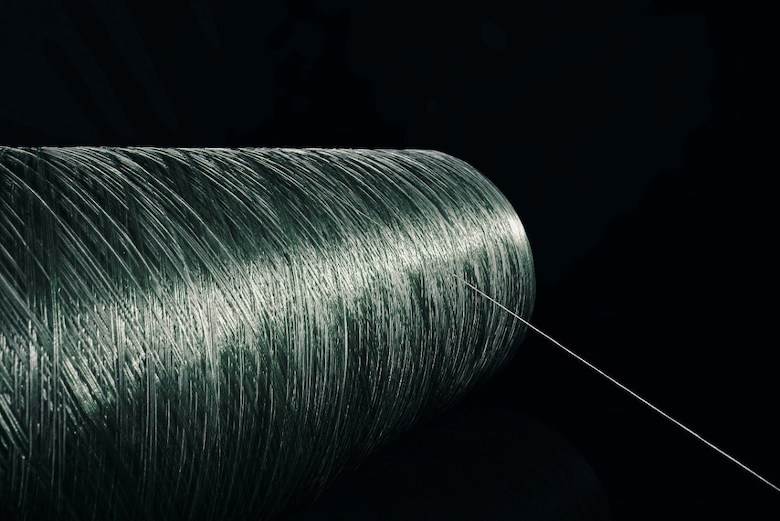New cellulose yarn can replace polyester and nylon, HeiQ claims

Textile technology developer HeiQ has launched a cellulosic yarn derived from a wide range of natural sources, including wood pulp and algae, that it says could be “a potential game-changer” for clothing brands seeking to replace polyester and nylon.
Launching the new yarn, AeoniQ, on October 26, the company said it was designed for cradle-to-cradle circularity and can be recycled repeatedly while maintaining consistent fibre quality.
It announced immediately that it is investing $5 million to set up a pilot plant for the new product at Herzogenburg in Austria. Its aim is for this pilot plant to be operational by the second quarter of 2022, with an initial capacity to make 100 tonnes of AeoniQ per year and the first partners making capsule collections using the yarn.
It expects its manufacturing process there to consume 99% less water than the processes commonly in use to produce cotton yarns and for AeoniQ to offer comparable performance properties to polyester, nylon and conventional regenerated cellulose yarns. The pilot plant will use only energy from renewable resources.
From this beginning, HeiQ’s aim is to build what it calls a gigafactory for AeoniQ before the end of 2024. It estimates that this will require an investment of $300 million and will deliver a capacity of 30,000 tonnes per year. It does not yet know where this gigafactory will be.
The company’s ambition is for entrepreneurs and manufacturing partners around the world to see the same potential for the new yarn eventually to replace polyester and nylon. It wants these partners to help it expand the gigafactory idea and for the volume of AeoniQ produced to scale up towards the 80 million tonnes of polyester and nylon being produced today.
Asked by sportstextiles what appetite he detected among brands genuinely to move away from polyester and nylon, HeiQ chief executive and co-founder, Carlo Centonze, said: “Brands have had no alternative until now. Cotton is a wonderful fibre, but its eco-credentials are against it and we can’t scale it any further because we need to use agricultural land for food. Brands will be very willing to change.”










